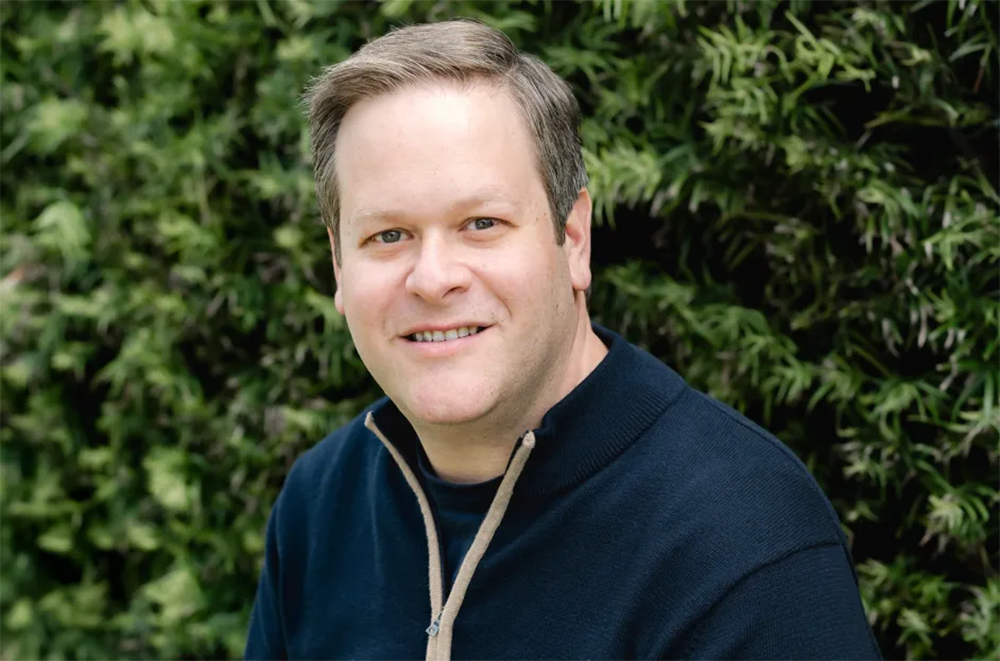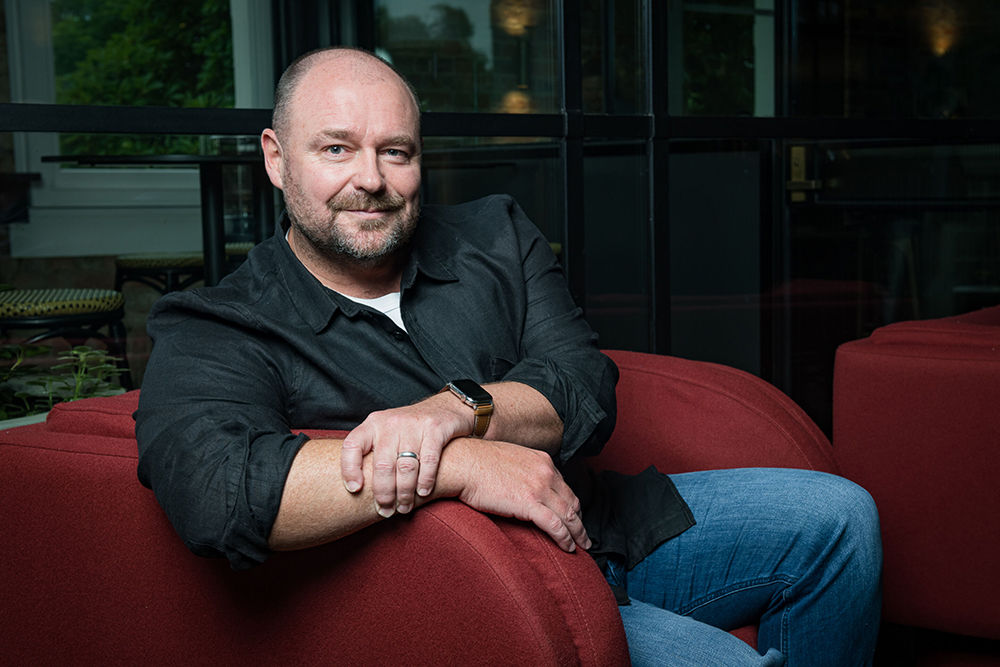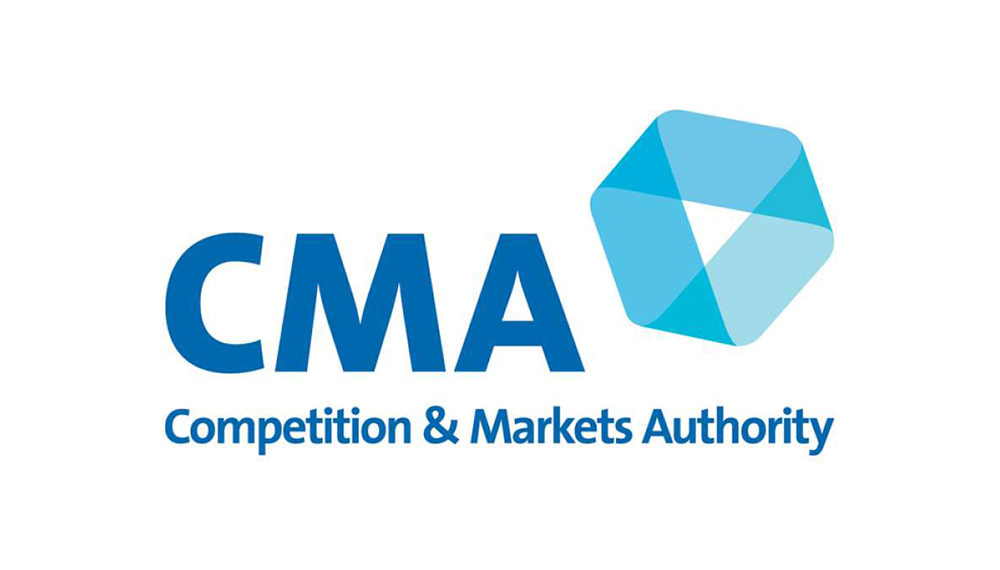
(CelebrityAccess MediaWire) —
In the midst of an increasingly crowded online music marketplace, Americans are both experimenting with fee-based online digital music services and owning portable MP3 players in record numbers, according to recently released research from global marketing research firm Ipsos-Insight.
New findings from TEMPO, the company's quarterly study of digital music behaviors, reveal that in July of 2004, more than one-third (35%) of American downloaders aged 12 and older paid a fee to download music or MP3 files off of the Internet, roughly a 150% increase over levels witnessed in late 2003 (compared to 22% in December 2003). This translates into roughly 20 million people within the current US population (according to 2000 US Census figures).
"In the past year, we've witnessed the high-profile launches of many new online music services and download stores," said Matt Kleinschmit, vice president for Ipsos-Insight and author of the TEMPO research. "Combined with the RIAA's ongoing campaign to curb file-sharing, this has prompted many increasingly digitally-dependent consumers to experiment with the legitimate online methods of music acquisition currently available."
Thus far, adult downloaders aged 25 to 54 are most likely to have paid to download digital music (40% among 25 to 34 year olds; 46% among 35 to 54 year olds). Interestingly, downloaders aged 12 to 17 were the least likely of all American downloader age groups to say they have paid for digital music (16%), perhaps reflecting the lack of non-credit card based payment methods available on current fee-based services.
"While these data are a clear indication that American downloaders are embracing the concept of fee-based digital music in growing numbers, existing music services have yet to truly penetrate the population of young file-sharing stalwarts," said Kleinschmit. "Given their age and associated financial or credit restrictions, increasingly youth-oriented service features and purchase options may be beneficial in attracting this critical mass of future-generation digital music purchasers."
In addition, American males are moderately more likely than their female counterparts to have paid to download digital music files off of the Internet: 37% of US males age 12 or older report having engaged in this activity compared to 30% of American females. However, American females are gradually narrowing the gender gap as current female fee-based downloading experience levels have doubled compared to one year ago (compared to 15% in June 2003).
In addition to increased fee-based digital music acquisition, Ipsos-Insight's TEMPO study also found that those who have downloaded music are also likely to own a portable digital audio player. One quarter (25%) of American downloaders currently own a portable digital audio player, up from 16% in late December of 2003. These strengthened ownership levels have been driven primarily by American youth (ages 12 to 17) and young adults (ages 18 to 24), both of whom roughly doubled their proportion of portable MP3 player owners since late 2003. Further, One out of seven (14%) Americans ages 12 and older currently own a portable digital audio player, compared to only 8% in December 2003.
"These findings not only support the notion that portable MP3 players are an increasingly critical item in the digital music enthusiasts' toolkit but, more importantly perhaps, they suggest that these devices may be in fact fueling experimentation with the expanded suite of fee-based online digital music offerings," said Kleinschmit. "For competing services in an increasingly crowded and commoditized market, this is critical: these devices appear to have the potential to provide both a gateway to an associated fee-based digital music service as well as a means of building loyalty and retention to a service that is most compatible with the consumers' chosen device." –Bob Grossweiner and Jane Cohen



























































